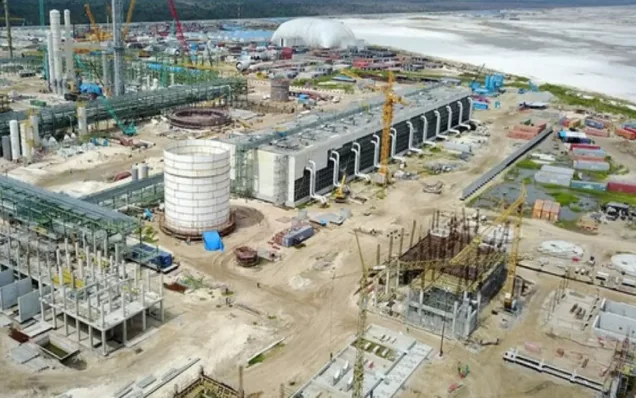Chevron Corporation today published an update to its March 2018 report describing the company’s approach to managing climate change risks and its resilience under a low carbon scenario. The update supplements Climate Change Resilience: A Framework for Decision Making with new information on the company’s governance framework and climate change related actions and investments.
“This update highlights work we are doing to address climate change risks to our business and new opportunities we’re pursuing. It incorporates responses to some of the thoughtful insights stockholders have shared with us during our engagements,” said Michael Wirth, Chevron’s chairman and chief executive officer. “We look forward to ongoing conversations on how we are managing climate risks to our business and taking on new opportunities to reduce greenhouse gas emissions and develop lower carbon energy.”
In response to discussions with investors and other stakeholders, Chevron is providing more insight on climate change governance. This includes information about how the Board of Directors and executive leadership exercise their oversight responsibilities with respect to climate change.
The Board established greenhouse gas emissions performance measures that will be a factor in determining compensation for executives and nearly all other employees beginning in 2019. The metrics aim to reduce methane emissions intensity by 20 to 25 percent and flaring intensity by 25 to 30 percent from 2016 – 2023, aligned with the timing of milestones in the Paris Agreement. The intensity will be measured based on Chevron’s equity ownership of oil and gas assets, not just the projects over which Chevron has operational control. Chevron will report on annual achievement of methane and flaring performance measures as part of its Annual Proxy Statement in 2020.
The company has also created an Environmental, Social and Governance (ESG) team which regularly engages with investors and other key stakeholders to understand and respond to ESG reporting preferences. Chevron continues to align its reporting with the framework outlined by the Financial Stability Board’s Task Force on Climate-Related Financial Disclosures (TCFD).
“We take our corporate responsibility seriously. I am pleased that Chevron is providing this update to its previous reports on climate risks. In prior engagements with stockholders, I have reinforced the important role the Board plays in overseeing Chevron’s management of climate change risks and its assessment of opportunities,” said Dr. Ronald Sugar, lead independent director for Chevron’s Board of Directors.
Additionally, in 2018, the company joined the Oil and Gas Climate Initiative, a global collaboration focused on industry’s efforts to address climate change issues. Chevron continues to invest in companies and technology designed to lower emissions and advance lower-carbon business opportunities.
Chevron Corporation is one of the world’s leading integrated energy companies. Through its subsidiaries that conduct business worldwide, the company is involved in virtually every facet of the energy industry. Chevron explores for, produces and transports crude oil and natural gas; refines, markets and distributes transportation fuels and lubricants; manufactures and sells petrochemicals and additives; generates power; and develops and deploys technologies that enhance business value in every aspect of the company’s operations. Chevron is based in San Ramon, Calif.














